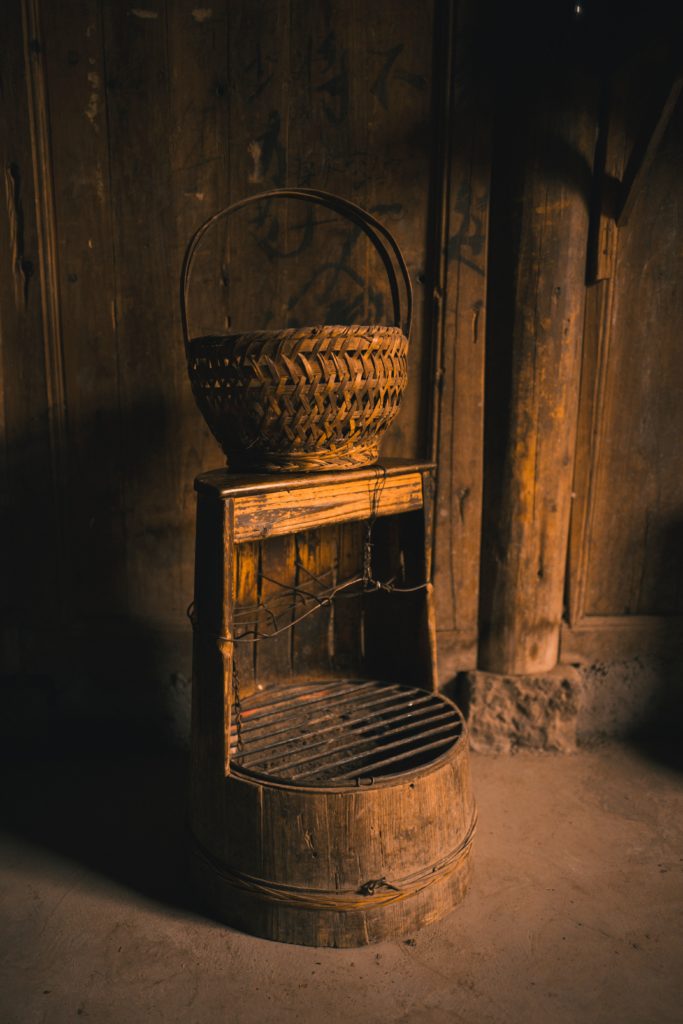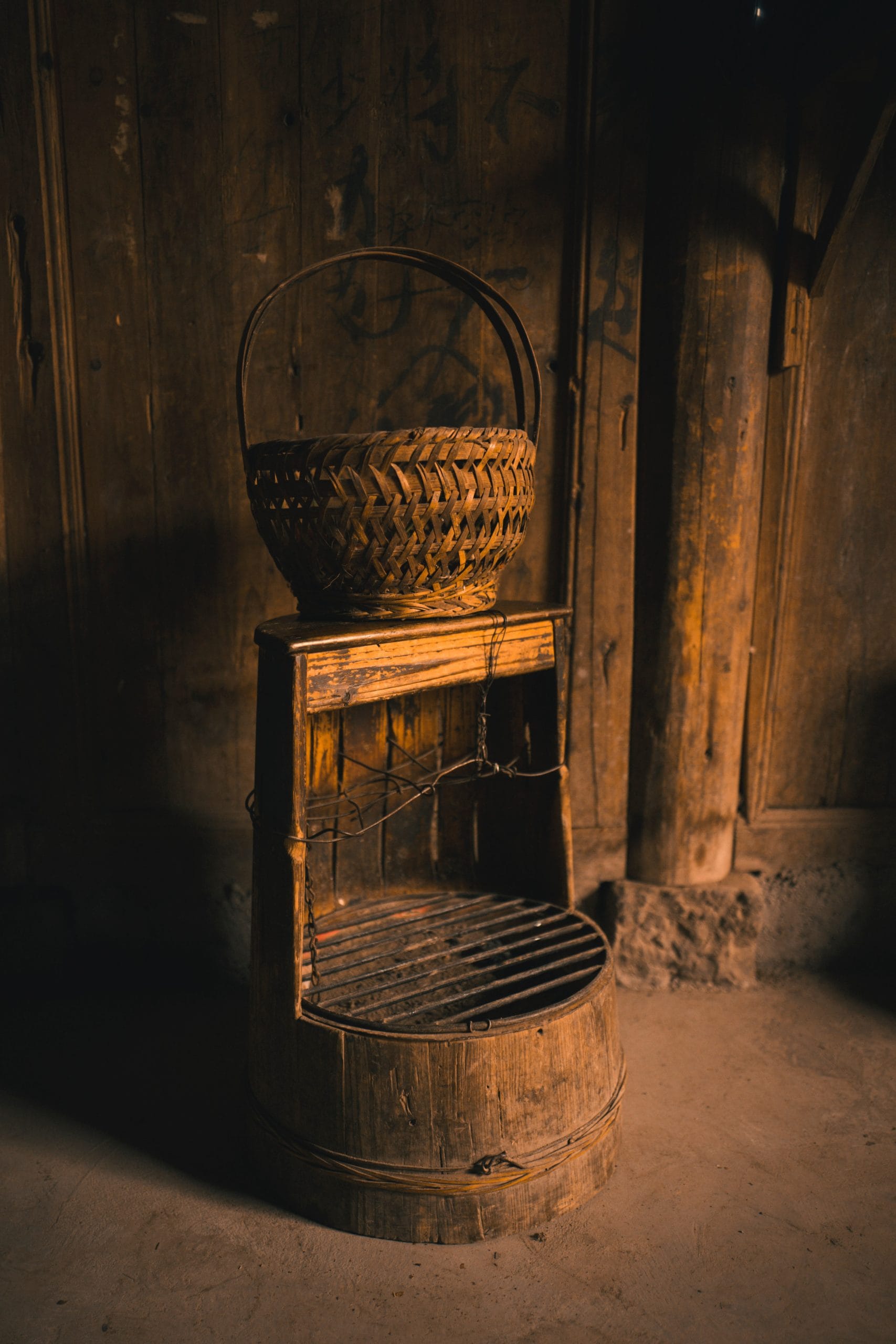My Wednesday Ashes Came from my Fireplace

Today my ashes came from my fireplace. I reached in, ground my thumb into the soot and cross-signed my wife’s forehead, saying the words I’ve said thousands of times but only in church. Remember that you are dust and to dust you shall return. Then Pam ashed her thumb and imposed that counterintuitive grace upon my forehead.
I fully intended to receive my ashes in church, but a morning doctor’s appointment and an unexpected evening house guest ruled otherwise. Pam and I had begun the day before the sun rose, opening Sarah Arthur’s beautiful Lenten book, Between Midnight and Dawn, reading a prayer/poem by George Herbert, hearing again Luke’s story of the braggart publican and the breast-beating sinner, sitting in silence for a time while dawn stole over our little piece of earth.
Still, I said to Pam, I miss the ashes.
I took our tea cups downstairs. Walked past the fireplace. Stopped. What’s wrong with this ash heap? I thought. I had never used unblessed ashes. I could recite the prescribed prayer by heart. Grant that these ashes may be to us a sign of our mortality and penitence. Ash in a crystal bowl, on a starched white linen, on the altar.
Of all the sacraments—setting apart, or sacralizing material things as bearers of spiritual grace—this one is the craziest. It’s not bread or wine, not oil or water, themselves beautiful and good. It’s ash. A prayer to make ash special, make dirt sacred. We’re either crazy or brilliant.
They teach you in seminary that sacraments aren’t magic. They don’t “make” something sacred happen, forcing God into a miracle. They merely show us what is always and forever happening. The grace of this Eucharist is happening whenever two or more break bread together.
So, I reasoned, staring at the plain ugly ash of my blackened fireplace, if two or more can make eucharist at a picnic table, if anyone can fill a plastic cup with water and duly baptize a baby in a hospital room, it’s not any great stretch to get your Ash Wednesday material from your hearth.
That insight was borne out once again at that doctor’s appointment, the one I mentioned, that kept me out of church. It was the dermatologist. She shone a fiercely bright light in my face—close your eyes—and found two spots, one on my right cheek and one on my left. Pre-cancerous, she said. She left and came back with a frigid version of a blow torch, with which she burned my flesh. This kills the top layer of cancerous cells, she said, so that the healthy tissue beneath can flourish. The dead layer will turn white and flake off like dust. May take a week.
I knew in that moment that I was being attended by a priest in white. She was saying, Remember that you are dust.

Thank you David – very meaningful to me. Ginny
Thanks, David. Your writing reminds me of Hannah Holmes’ “The Secret Life of Dust” – not in content, but in reverence. What a good way to begin Lent.
David, you ability to see the sacred in mean things–that’s what makes your writing and your preaching so strong. It’s all right there–we literally stumble over it every moment.
I love, love, love the picture of Pam standing in front of you, imposing ashes. And then the coup de grace–seeing your own dead skin as ash and the doctor as priest!
“Remember that you are dust.” Yes. We (I) tend to forget that in the day to day. Sure changes my focus when I remember Who is really in control.
Beautiful and so grateful you walk with us at ECS.
David, I felt that your use of the fireplace ashes reflects desire for meaningful connection with God more than the ritual itself, while acknowledging the deep value of ritual. Also, God’s grace makes the “sacred-ordinary“ readily available! Thank you for this insightful piece.
Dear David,
That is such a beautiful story of you and Pam.
My cousin Beth spent this past week with us. She came prepared with ashes, and one evening Faith sat with us and we put ashes in the shape of a heart on one another’s forehead, while reading Rom. 8:38-39.
Ashes in the shape of a heart—why didn’t I think of that! And while reading that purple passage from Paul, that all things work together for good. ALL things, even dust and ashes.